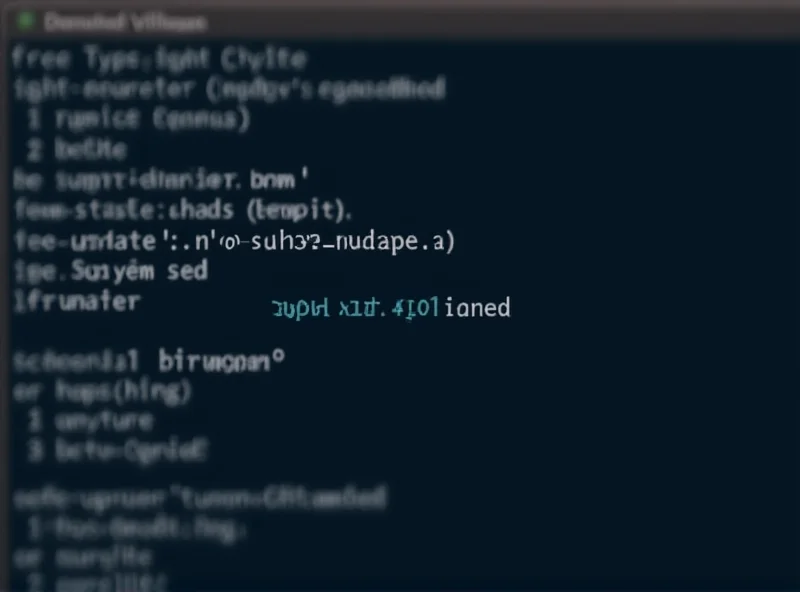The tech world is constantly evolving, with ideas and features crossing platforms and ecosystems. Recent developments highlight this convergence, with both Microsoft Windows and the Linux kernel seeing significant changes.
'Sudo' Comes to Windows
For years, Linux users have enjoyed the convenience of the 'sudo' command, allowing them to execute commands with administrative privileges. Now, Microsoft has finally brought this functionality to Windows. This addition is a welcome change for developers and power users who frequently work with the command line. It simplifies tasks that require elevated permissions, making the Windows command-line experience more efficient.

The implementation of 'sudo' in Windows is a testament to Microsoft's increasing recognition of the importance of command-line tools and their commitment to providing a more versatile operating system. It's a small change, but one that many users have been eagerly anticipating.
Rust in the Linux Kernel: A Contentious Debate
Meanwhile, within the Linux kernel community, a heated debate is raging over the integration of the Rust programming language. While Rust offers the promise of enhanced memory safety and reduced vulnerabilities, some maintainers are concerned about the long-term maintainability of a kernel codebase that includes multiple languages.
Linus Torvalds, the creator of Linux, has weighed in on the matter.
"You can avoid Rust as a C maintainer, but you can't interfere with it."This statement underscores the growing acceptance of Rust within the kernel, while also acknowledging the concerns of those who prefer to stick with the traditional C language.

The debate was further fueled by a policy document published by Miguel Ojeda, the lead developer of Rust for Linux. The discussion highlights the tension between the desire for improved security and the practical challenges of managing a complex, multi-language project.
Linux Enhances Android Gaming Handhelds
In other Linux-related news, a popular Android gaming handheld, thought to be the Ayn Odin 2, is poised to receive a significant boost in emulator performance thanks to Linux. This improvement could unlock a new level of gaming experience on these devices, allowing users to enjoy a wider range of retro games with better performance and stability.

This development highlights the versatility of Linux and its ability to enhance a variety of devices and platforms. As Android continues to evolve, the role of Linux in powering these devices will likely become even more important.
From 'sudo' on Windows to Rust in the Linux kernel and improved gaming on Android handhelds, the lines between operating systems and platforms are becoming increasingly blurred. These developments demonstrate the ongoing innovation and collaboration that drive the tech industry forward.
